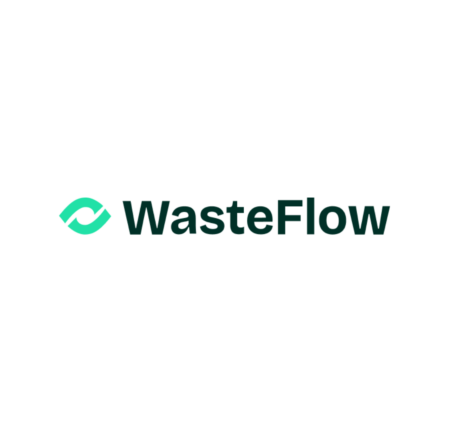1.Prize
Enable Me Insights
EnableMe Insights ensures the voices of people with disabilities (PWDs) are heard in shaping the design of products, services and processes of daily life. It stands at the forefront of participatory inclusive research and design by connecting organizations and a community of over 12’000 PWDs across the DACH region. We recruit participants, design studies and product tests, conduct and analyze these to provide concrete, PWD-informed recommendations for better accessibility.
Our mission is clear: empowering PWDs through co-creation to make accessibility and inclusion cornerstones of product and service design rather than afterthoughts. Involving PWDs in user-centric design, allows organizations to not only meet legal requirements and boost their social responsibility but also drive meaningful societal change. Our approach is therefore anchored in the principle "Nothing about us without us".
The challenge we tackle is significant: overcoming accessibility barriers and fostering genuine inclusion in every sector. Enriching user experiences from technology to healthcare can drive innovative solutions by leveraging the wealth of experiences of PWDs. After all, the electric toothbrush, texting and email were all originally designed with PWDs in mind and have proven to be ergonomically superior for everyone.
Together, let's pave the way for a world where everyone's voice is heard and societal participation for all is lived every day.
2.Prize
Verretex
For decades, the composite industry has struggled to find an end-of-life solution for their fiber reinforced plastics. Standard recycling techniques like pyrolysis have been used with limited success due to the inability to reuse the low-grade fibers that come out of the recycling process. VERRETEX is addressing two key issues: the material circularity of glass fiber composites and the CO2 emissions of the composite industry. We solve this problem by enabling recyclers to maintain the value of the glass fibers while reducing the CO2eq by up to 78%.
Building on 3 years of R&D experience at EPFL, the founding team has developed a unique low-cost process to produce high quality glass fiber textile products that is ready to scale for market entry. A unique chemical process that affordably cleans, restores, and protects the damaged glass fibers that come out of the recycling process. VERRETEX turns these regenerated glass fibers into 100% recycled glass fiber textiles which can directly be used in the industry as a drop in product replacing existing virgin glass fiber textiles.
In addition, we are able to purchase low quality glass fibers that are produced from emerging recycling companies at up to 5 times their current value enabling profitable recycling.
3.Prize
Niatsu
Niatsu is a B2B SaaS platform transforming the food industry's approach to carbon accounting. By leveraging machine learning, Niatsu automates the calculation of product carbon footprints, addressing the industry's need for transparency and efficiency in measuring CO2 emissions. This solution mitigates challenges like insufficient data, scattered information, and lack of consistent reporting standards. Niatsu integrates data from various sources, aggregates it, and uses algorithms to provide accurate emissions calculations.
The platform not only helps companies comply with regulatory pressures but also enables them to make data-driven decisions that improve both environmental and financial performance. By offering a scalable and automated solution, Niatsu supports small to large manufacturers in tracking and reducing their carbon footprints, ultimately contributing to a more sustainable future for the food industry.
Niatsu's team, with expertise in technology, finance, and sustainability, is dedicated to providing a comprehensive framework that allows businesses to evaluate their environmental impact, benchmark progress, and take actionable steps towards achieving sustainability goals. With an expanding network and partnerships, Niatsu is poised to lead the charge in making the food industry more transparent and eco-friendly.
Fluidbot
Damage to the fresh water infrastructure in Switzerland causes a loss of over 120 million cubic metres of water every year, which is equivalent to around 13% of total water consumption. This results in an estimated financial loss of around 240 million Swiss francs. The situation is exacerbated by the growing population and climate change, which could mean a serious water shortage in the future.
Water utilities face the challenge of effectively managing their infrastructure to avoid pipe bursts and ensure water quality. A comprehensive understanding of the condition of the drinking water infrastructure is crucial.
The fluidbot robot is equipped with a wide range of sensors that capture precise data, including leaks, corrosion and deformations. This data is fed into visualisation software and analysed using intelligent algorithms. The software presents the results in a clear and concise way, providing a detailed representation of the entire pipeline network. The user-friendly interface helps water suppliers to interpret data, identify trends, detect potential problems at an early stage and adapt their maintenance strategies. fluidbot's automated inspection technology accurately and early detects the condition of pipes, allowing leaks and critical locations to be identified and repaired before they cause pipe bursts. This improves decision-making and operational efficiency of water supply systems.
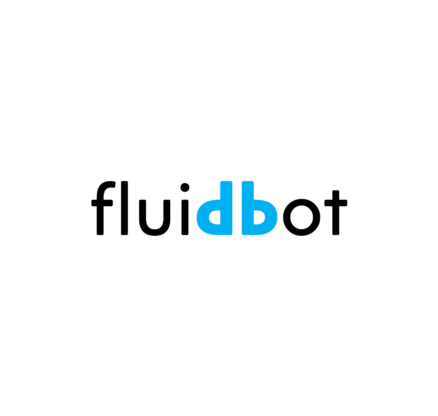
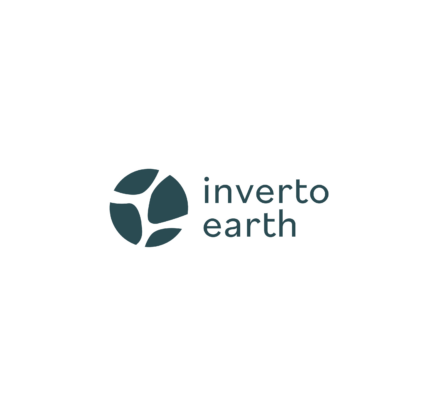
Inverto Earth
Beyond the climate crisis, there is an ongoing biodiversity crisis, and this has led to pressure on companies from customers, employees and governments for meaningful action. Options for companies to generate positive impact and meet their targets on nature are mainly limited to tree planting and carbon credits however, and have recently been beset by controversies. Companies need a meaningful way to act on biodiversity, with credibility, while also ensuring an ROI. Our innovative units of nature, representing georeferenced 3x3m plots of high impact coastal ecosystems, offer “windows” into the restoration and conservation process by local communities, allowing them to transparently share their impact with end customers and employees on a subscription basis. Our innovative planting and robotic biodiversity monitoring solutions enable large scale action and transparency. This data goes beyond just carbon metrics to lists of detected species and social metrics for each 3x3m parcel, allowing companies to credibly address biodiversity for brand image, employee engagement and to meet their nature targets.
Ionic Wind Technologies
Our Empa spin-off addresses a critical challenge in industrial energy consumption, specifically targeting drying and cooling processes that traditionally rely on inefficient, fossil-fuel dependent methods. Our patented ionic wind hardware offers a transformative solution by generating airflow through electrically charging and accelerating air molecules. Without mechanical components, this innovative invention achieves at least 48% higher efficiency in moving air volumes, leading to substantial energy savings and reduced environmental impact.
With our dedicated team of engineers and business professionals we have mastered the art of moving air precisely for optimal performance. Our vision is to pioneer the use of ionic wind technology, transforming how industries control airflow for better efficiency and sustainability. Our goal is to position ionic wind as a key component of eco-friendly solutions in energy-intensive areas such as drying and cooling – specifically in FoodTech, MedTech, and the thermal management of electronics. We make it possible to cut energy costs while maintaining high efficiency and precision.
We have already built a food dehydration prototype that is powered by ionic wind and operates on only 6.3 W of power, compared to the 600 W required by conventional hot air-drying machines. This prototype allows for sustainable and gentle drying of apple rings at room temperature, preserving more nutrients. As we continue to develop and refine our technology, we look forward to scaling into other markets, enabling industries worldwide to achieve new standards of cleaner production for less energy dependency and less legacy.
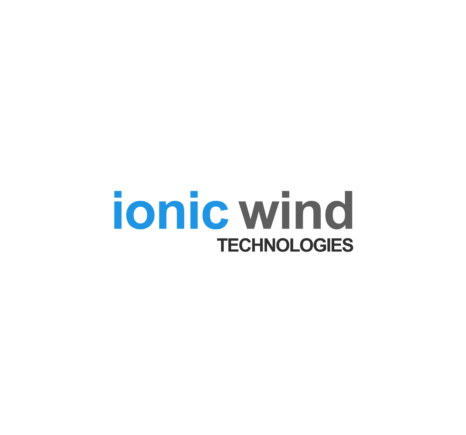
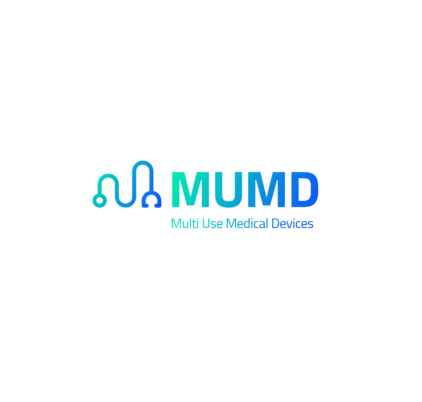
MUMD
We are a team of engineer and doctor dedicated to transforming healthcare through a circular economy approach. Our mission is to reduce healthcare waste by developing innovative medical devices that minimize resource depletion while ensuring patient safety. Our first product aims to provide significant economic savings and reduce environmental impact.
Recoal
Global warming can be stopped if we reach net zero. Achieving this goal also requires the removal of CO2 from the atmosphere (Carbon Dioxide Removal, CDR). RECOAL has developed a new efficient, scalable CDR technology that uses waste biomass to remove CO2 from the atmosphere and store it geologically safely.
RECOAL was founded in September 2023 by Pirmin Aregger, Joachim Hanssler and Giovanni Alberti to make a relevant contribution to stopping global warming. Following a successful proof of concept, the first pilot plant in Switzerland is scheduled to go into operation in summer 2025.
Thanks to the planned pilot operation, companies will soon be able to offset their hard-to-avoid emissions with a CDR solution in Switzerland and thus achieve net zero.
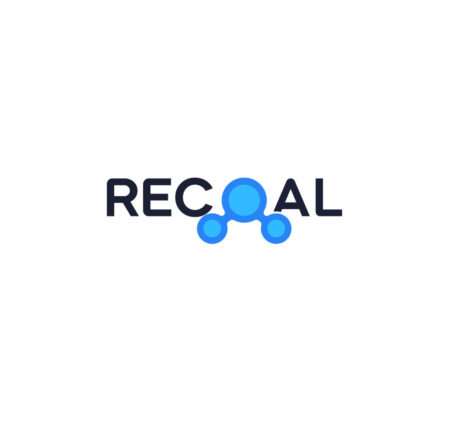
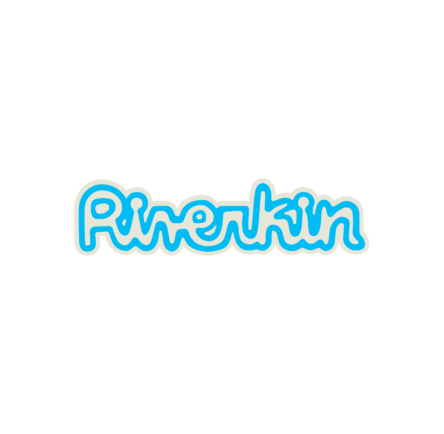
Riverkin
Climate change, population growth and uncoordinated water planning have increased water-related issues such as shortages, natural disasters, poor water quality & biodiversity decline. Every industry relies on water; even the technology sector to cool data servers. Hydrologists know that improved water management can curtail these water-related issues. But governments, agriculture, and other industries struggle to quantify water risks, respond to the effects of extreme events like landslides, implement mitigation strategies to enhance biodiversity, and reduce pollution due to the lack of high-quality, real-time data.
Riverkin’s team includes Dr. Jessica Droujko, an environmental engineer and CEO; Marco Adriano Magno, a robotics expert and CTO; and Dr. Nitin Kumar, an AI specialist and COO. They build, deploy, and manage a Water Data Ecosystem (WDE) comprised of their highly precise freshwater sensors and SaaS products. Riverkin targets a global smart water monitoring market valued at over $16 billion, addressing crucial needs in environmental protection, public health, and industrial efficiency.
WasteFlow
WasteFlow is an innovative Swiss startup from EPFL Innovation Park, focused on revolutionizing the recycling industry through cutting-edge sensor technology integrated with artificial intelligence. We enhance recycling processes in facilities primarily around Geneva by improving sorting efficiency and reducing operational downtime.
Our AI-driven sensors are strategically installed within recycling facilities to identify, classify, and track various waste materials. These sensors can recognize the type, mass, and potential hazards of items, enabling precise sorting. This technological advancement addresses the significant challenges faced in the recycling industry, such as handling diverse waste materials and overcoming extensive downtime and low data capture rates.
The impact of our technology extends beyond increased recycling rates to promoting environmental sustainability by minimizing landfill waste. Our system also provides real-time analytics, allowing facilities to quickly resolve operational issues like material blockages and purity fluctuations.
Our prototypes are installed in 3 key Swiss recycling multiple facilities, actively collecting data and already presenting their first results. Collaborations with major Swiss stakeholders groups underscore our commitment to scaling a sustainable, impactful solution across the recycling industry.
